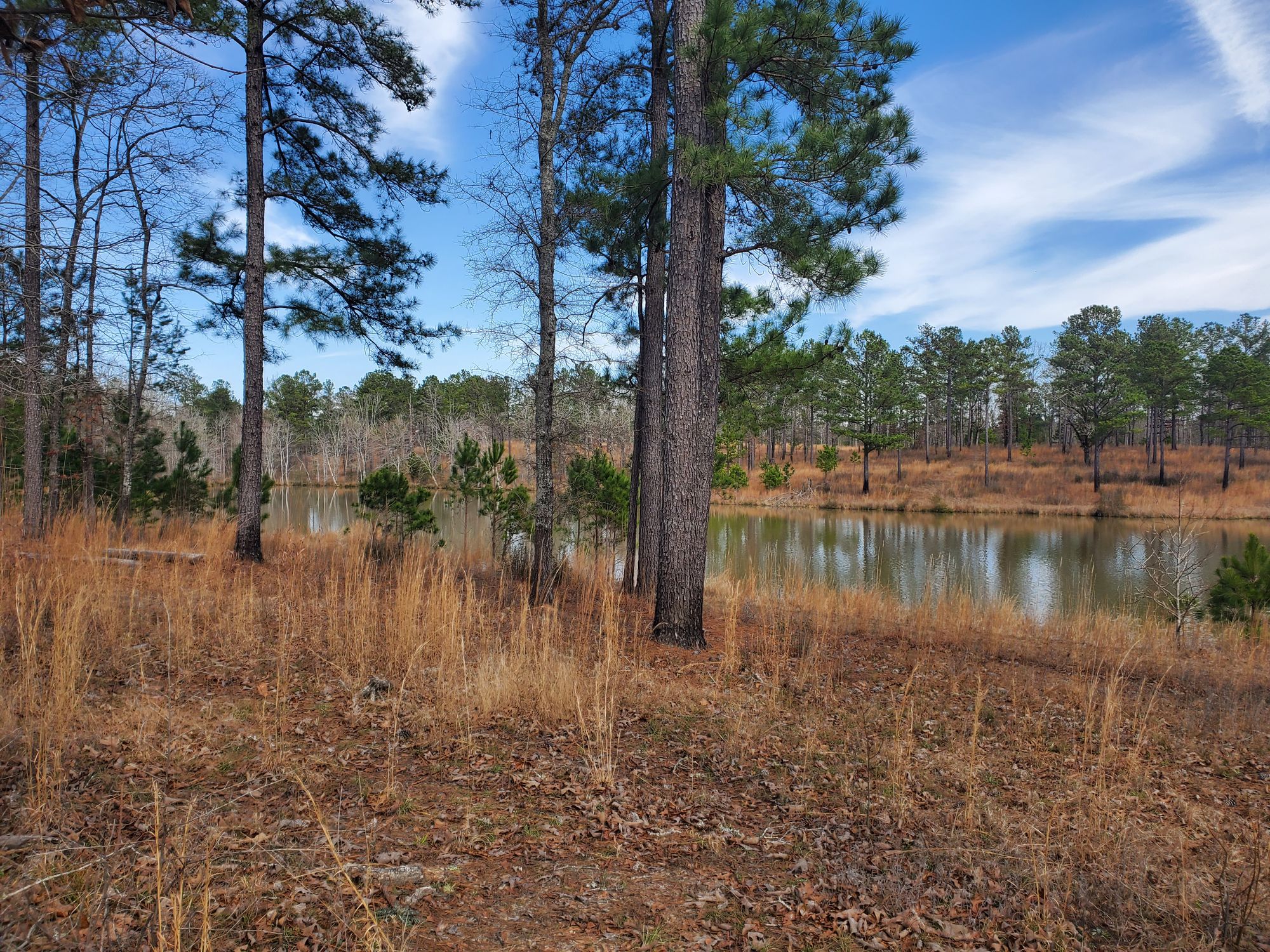Don't put all your eggs in one basket.

Today we toured Alabama farm land in the Macon and Tallapoosa County area.
One of the farms we drove by was a 400+ acre kiwi farm that was up for sale. As I understand it, this kiwi farm was at one time believed to be a potential game changer for farming in Alabama but turned out to be a huge failure.
The excitement centered on the idea of Alabama stepping in and producing some of the water-intensive crops that California is struggling to grow since Alabama has plenty of water.
The kiwi operation was meant to go towards supplying Japan with kiwis. Nearly 100% of the production was set to be exported there. I guess Japan likes Kiwis. I don't know much about why this made sense, this is just what I'm told.
When you drive by the farm, you can see a huge expanse of trellising, vines, and irrigation. You can tell that a lot of money and time went into getting this thing off the ground.
So what is the problem?
The Japanese apparently don't like the new kiwi variety that was planted and don't want to buy any.
Oooph.
I don't know anything more than this, but I think it is a good lesson in the dangers of a perennial monoculture. The upfront expenses are higher, and the overall risks are high as well.
The market can turn on you, and when you are completely invested into a single thing that can't be changed next year, you leave yourself open to financial ruin.
This is not the only example of this that I came across today. As you drive through rural Alabama, you see many farms planted into pines.
The default model for this seems to be planting on a very close spacing, followed by two thinnings and a final harvest. The entire process spans about 30 years.
Southern pine is where a large amount of our paper and dimensional lumber comes from.
Many people planted their acreage into pines in the 80's and 90's when prices were high and the forecasts were higher. These plantings were meant to be retirement accounts in many cases.
When the housing market crashed back around 2008, so did the price of southern pine. It never recovered.
I admit that I don't know that much about these markets, but I have found at least a few people who said that the land that they allowed to naturally regenerate is actually a good bit more profitable than the pine plantings they did because they have next to no expenses and the hardwoods that are mixed in get almost double the price per ton.
All of this could be viewed as a twist on the lesson don't put all your eggs in one basket.
Diversity isn't just good for nature, it is good for a farm's resiliency and adaptability as well.
I'm sure we could take this lesson and apply it beyond farms.
Where else would this concept apply?
Life is good.
Reply to: rewildling@proton.me
